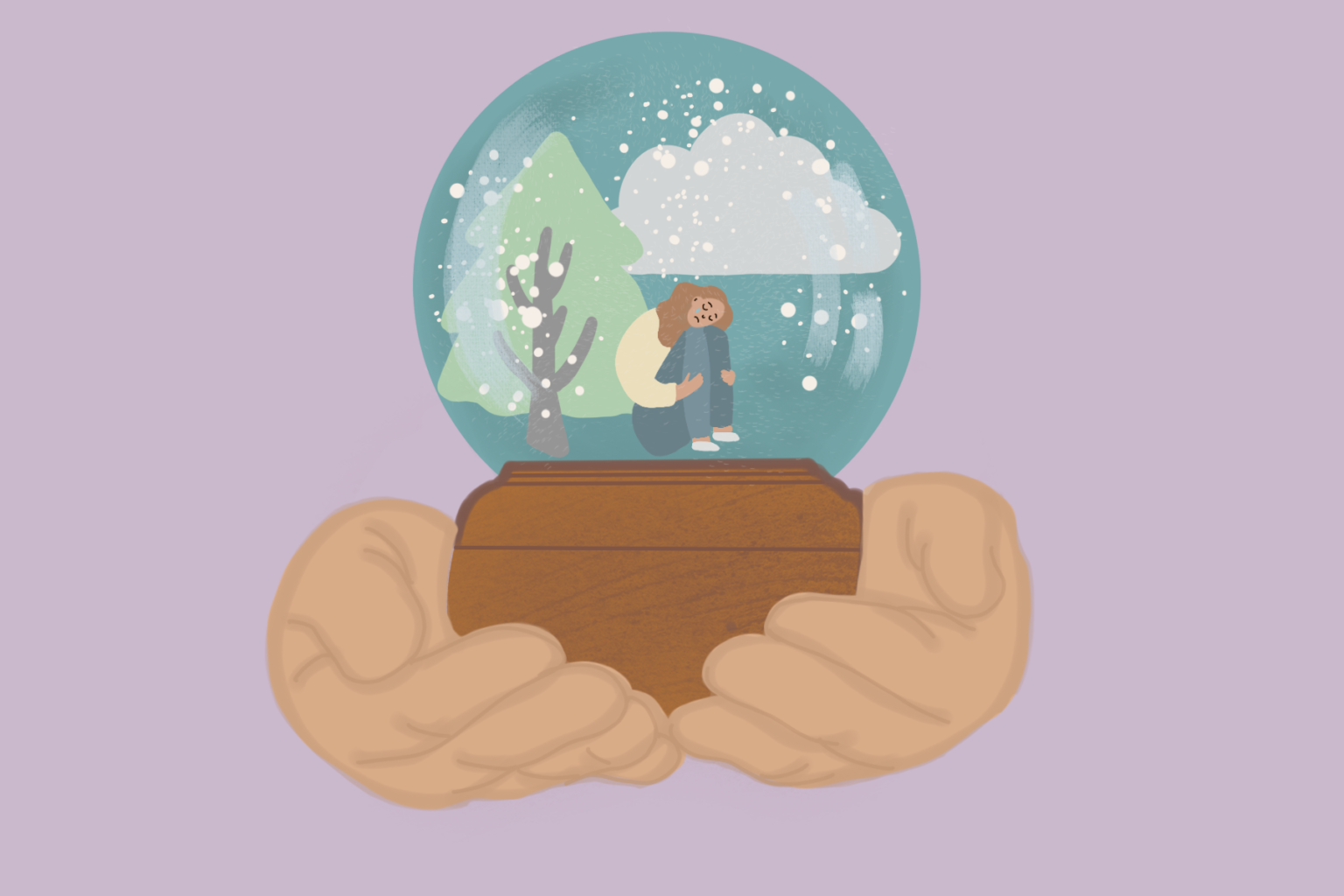
SEASONAL DEPRESSION IS REAL
And tips for dealing with it.
With the clocks gone back 1 hour last weekend, and as we are arriving into the darker months of the year, some people are experiencing Seasonal Affective Disorder (SAD). This can lead to less energy, depression low mood, lethargy and experiencing difficulties in concentrating.
The term “seasonal affective disorder” was coined in the 1980s by Norman Rosenthal, MD, a psychiatrist and research scientist who studied mood and biological rhythm disorders at the National Institutes of Mental Health.
In 2015, researchers announced they’d discovered a new explanation for seasonal ups and downs: Genes promoting inflammation are more active in winter. This could be why many chronic conditions ― including Type 1 diabetes, multiple sclerosis, rheumatoid arthritis and depression ― flare in the colder, darker months.
In spite of the naysayers, most mental health professionals believe seasonal depression is real. “I see it in my therapeutic practice and if you’re tracking your own habits, energy and results it might be kind of obvious too…..
Here are some tips for dealing with mild to moderate blues
Focus on the four pillars of health: nutrition, exercise, sleep and relaxation.
Plan more outdoor activities, and eat more plant-based foods. Some benefit from managing their symptoms with vitamin D supplements in the fall and winter months. Vitamin D deficiency has been linked to depression; your primary care physician can check your D level with a blood test.
Here are some tips for building resilient thoughts and actions which can help too, including some suggestions for #leaders.
Suggestions for leaders;
- You could experience with more flexible hours and instead of measuring performance through time, measure it through output which always is linked to how much time for rest and conscious breaks your employees are taking.
- You could experiment with giving employees one hour less in their working day to see how it affects their productivity. Of course that extra hour has to be used for something that gives energy to the body, mind or soul of the employee.
- You can focus on empathizing with your employees. Consciously take time to see and recognize where they are at, what they are struggling with instead of ignoring it or them and only stressing the importance of their productivity needing to be high.
You have a choice for everything you think
How we think and talk about our challenges always affects our state of being and this our energy and mood.
This is not simply only putting in rose tinted glasses and telling yourself everything is perfect as it is. Positive thinking and optimism only work if paired with a sense of realism. Taking a step back to pause, observe and see things for what they are in the present, knowing you have a choice for what you make of it, how much energy you give to it.
Mindset
Everything comes and goes. One thing is sure, whatever is in your way, this too shall pass.
Practice flexibility; when we are rigid in the way we think we limit our experiences. Taking steps back to, instead of being reactive, become pro-active, exercise the ability to response (response ability).
Your perception becomes your projection. Exercise mastering how you see things and thus what you create or materialize in your outside world. In the end, everything is energy and energy turns into matter.
Physical activity
Get moving and start your day with a breath of fresh air. Natural daylight enhances the production of serotine, the hormone that makes us feel good and alive. Body and mind are interconnected, make time for activities that make you happy, that you enjoy.
Let go of it needing to be high intensity or at least 10.000 steps a day. Start small, look for uplifting ways to move during the day, do something in the morning, afternoon, beginning of the evnening and avoid exercising late evening else your adrenaline will negatively affect the quality of your sleep. If you currently do around 3-4000 steps, go for a bit more.
We all need a rhythm
As nature has its rhythm, so do we humans thrive by having a rhythm too. Go to bed and wake up every day, also during the weekends around the same time.
Avoid looking at a screen at least1-1,5 hour before you go to bed.
Let go of drinking caffeine after 1pm as otherwise it will also negatively affect the quality of your sleep. Caffeine can take up to 10 hours to completely be released from your body.
Be Present
Sometimes we can get so stuck that we can lose sight of the bigger picture. Take time to zoom out, be the fly on the wall and observe whatever is going on mindfully, non-judgmentally. Plan consistently time during the day, even if it is only 5 minutes divided into 1 minute in the morning and so on, to focus on your body and breath to calm down your nervous system and create clarity of mind and increase your energy and productivity.
You may want to consider how you are looking after your spiritual and emotional practices like mindfulness, setting boundaries, taking care of creative outlets and nurturing social interactions.
Let's boost that winter blues!
Previous item Next item